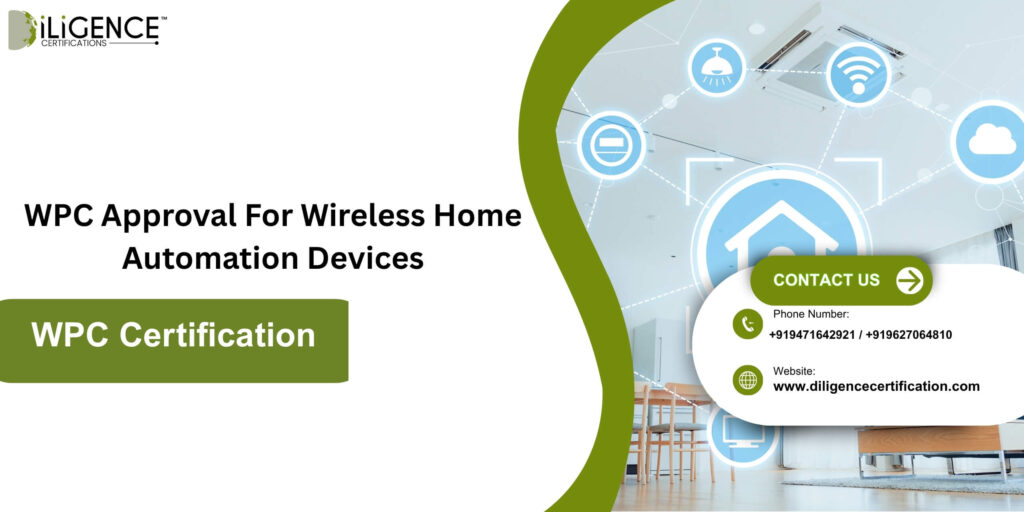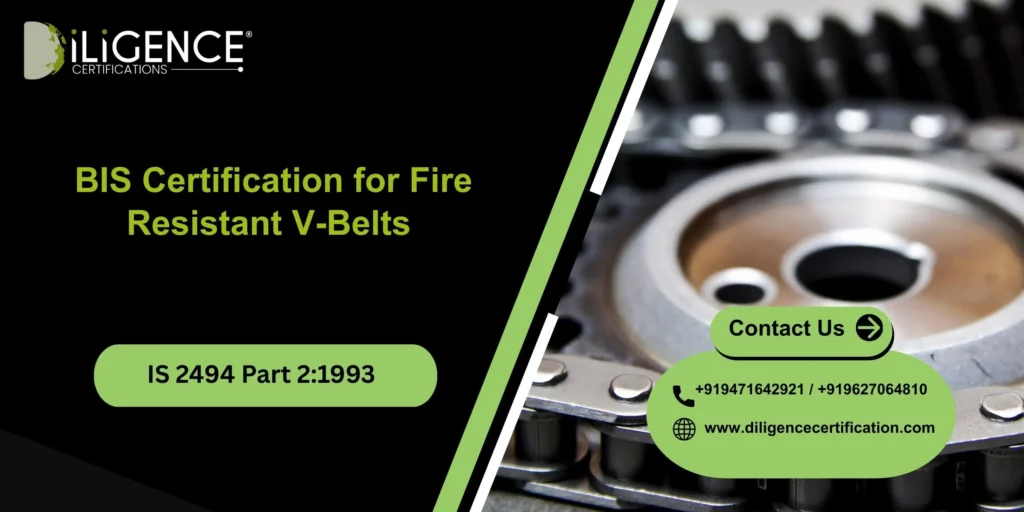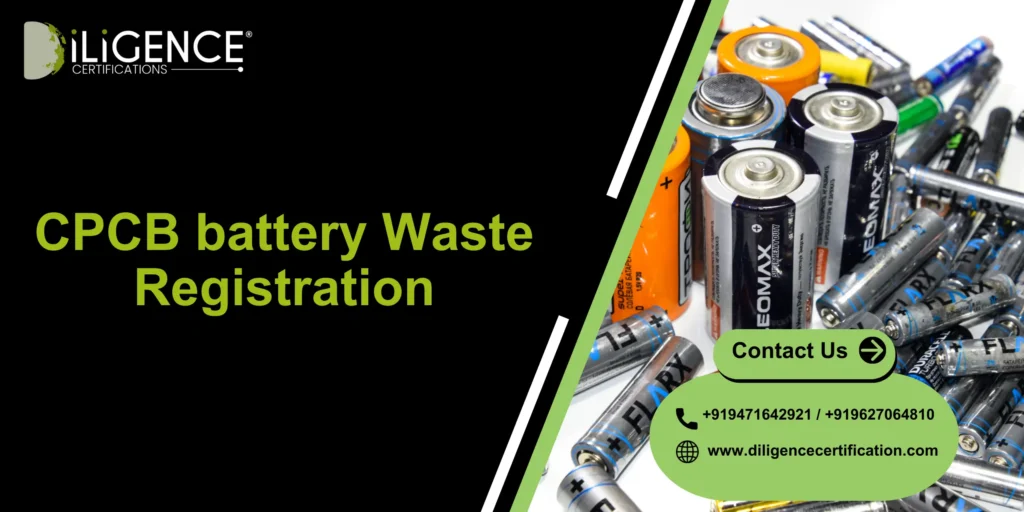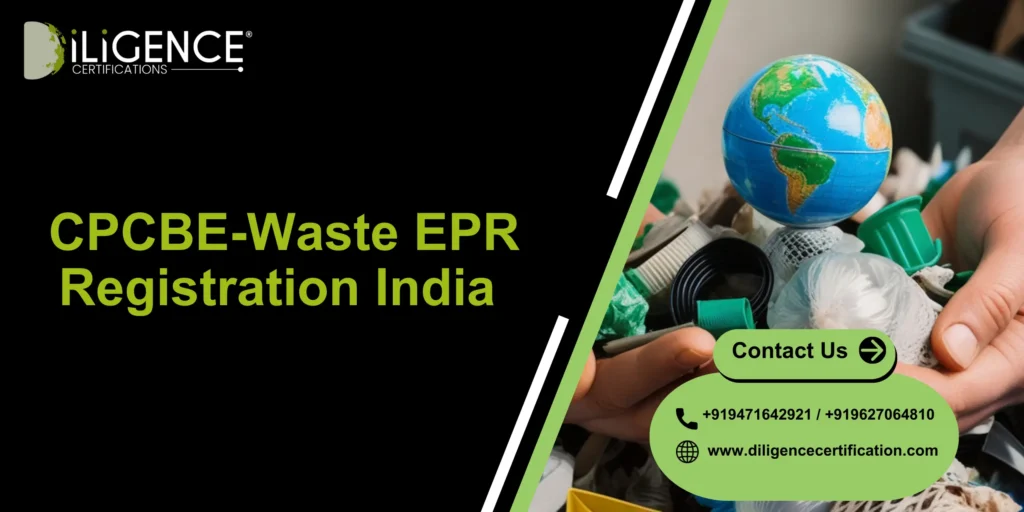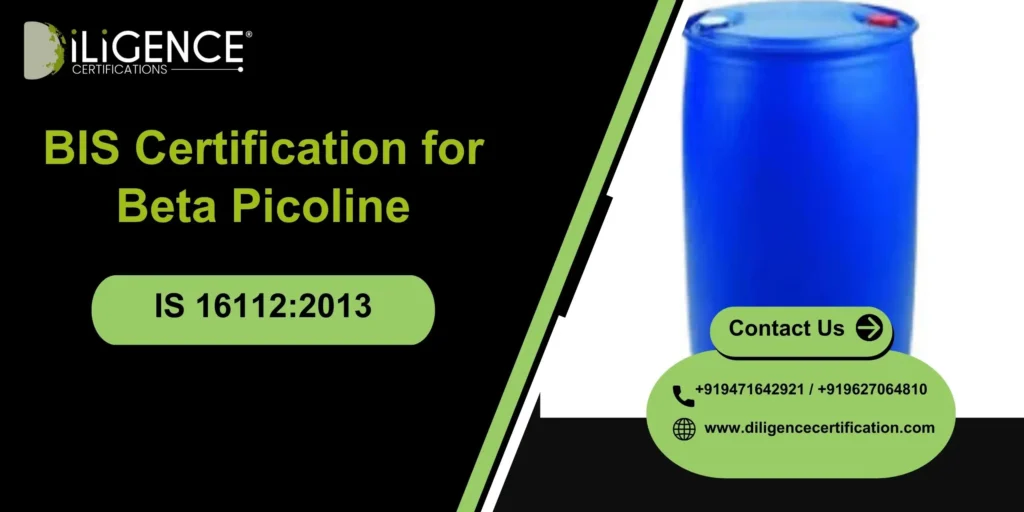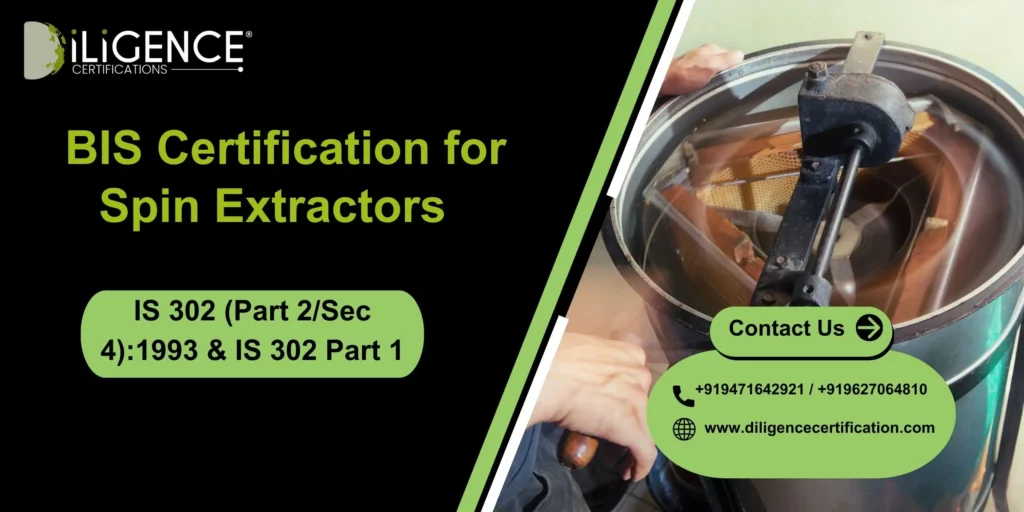- WPC Approval For Wireless Home Automation – Control the lighting, appliances, and security system in your home using mobile apps or voice.
- Energy Saving and Smart Efficiency – Smart control of your devices, energy savings, and lower power costs.
- Advanced Home Security – Smart locking, alarms, cameras with Secure 24/7 monitoring and protection.
- WPC approved to ensure safety – Devices with the WPC approved will meet WPC specifications for a safer wireless communication experience and interference-free rate of operation.
- Simple Installation, Expandable System – You can simply add to or expand all your devices easily, with the WPC approved devices you are guaranteed a reliable rate of operation.
Introduction

Wireless Home Automation is a contemporary form of technology that allows you control your home devices without messy wiring. It provides the ability to control your lighting, appliance and security with mobile apps, web-based portal or voice assistant. With automation and energy efficiency, and security aspects, home automation can bring a convenient, scalable, and reliable solution to modern living.
WPC Certification ensures all assumptions comply with government regulation on frequency usage, safe operation and also ensures the devices are reliable, meaning your smart home will be efficient and secure too.
What is WPC Approval?
The WPC Approval is a certificate issued by the Wireless Planning & Coordination (WPC) Wing of the Department of Telecommunications (DoT), Government of India. This certificate guarantees that any wireless or radio frequency (RF) device may be operated without causing hazard, illegal activity, or interference with any other communication systems.
Key points about WPC Approval:
- Regulatory Compliance – Confirms the device meets Indian wireless communication regulations.
- Frequency Allocation – Ensures the device uses the correct radio frequency spectrum approved by WPC.
- Interference-Free Operation – Minimizes the risk of disrupting other wireless systems or networks.
- Mandatory for Import & Sale – Required for manufacturing, importing, or selling wireless products in India.
- Covers Various Devices – Includes IoT gadgets, wireless home automation systems, Bluetooth devices, Wi-Fi equipment, and more.
What is Wireless Home Automation?
Wireless Home Automation is an innovative technology solution that provides homeowners with easy control and management of various devices that populate their homes and business, without the hassle of running wires. Wireless devices communicate with each other using wireless technologies like Wi-Fi, Bluetooth, and a host of similar and complimentary wireless technologies like Zigbee, and other RF (radio frequency) protocols; the result is a smart approach to the use and management of home appliances, light fixtures, security systems, etc.
Key Characteristics:
- Wireless Connection: Wireless network connection devices eliminate the need for wires.
- Centralized Management: Attempting to manage several devices at once can be intimidating until you realize that you can manage all your devices with a single app, platform, or voice assistant.
- Smart Automation: Devices can be smart enough to operate automatically based on schedules, sensor triggers, or user preference.
- Scalability: Your systems are extensible when it is easy to add devices to the existing systems without making significant changes.
- Remote Access: Your ability to monitor and control devices from anywhere in the world using a mobile application or web interface.
Why is WPC Approval necessary for wireless home automation devices?
WPC Approval signifies a significant step as it regulates the wireless home automation gadgets to abide by the standards set by the Indian government. WPC certificate-less devices can’t be legally made, brought, sold, or set up in India. WPC Approval confirms that the items will transmit in the MHz range opted for and also will not cause any disruption to other recede systems.
Besides, WPC Approval guarantees the devices’ safe operation and their meeting quality standards, which helps in reassuring thereby making them more reliable and performing the products. To summarize, it is a requirement that is not only very crucial for adherence to radio frequency regulations but also for gaining confidence in the market.
Why WPC Certification is Needed for Wireless Home Automation?
Wireless home automation devices transmit their data via radio waves. There is a chance that these wireless signals may, without any prior consent, influence or meddle with the licensed networks, thus deteriorating the conversations or even causing safety risks.
Reasons why WPC Certification is important:
- Guarantees that your devices are compliant with RF regulations in India.
- Legalizes distribution and sale across India.
- Safeguards your company from fines, penalties, and product confiscation.
- Creates confidence with consumers by showing your devices comply with safety and performance guidelines.
Why WPC Approval is Essential for Manufacturers, Importers, and Consumers?
For Manufacturers:
Receiving WPC Approval enables the manufacturers of wireless home automation devices to demonstrate compliance with Indian government legislation. The approval confirms their legitimacy to sell the products in India without penalty and provides practitioners appropriate positioning in the market segment. The WPC Approval reinforces the manufacturer’s commitment to quality, safety, and performance reliability, further brand reputation.
For Importers:
Similarly, WPC Approval is obligatory for importers of wireless devices to India. Without approval or certification, there is no authority to sell or distribute products. WPC Approval ensures all frequency, as well as safety requirements, are met which reduces the possibility of any problems with importation or legal issues. A buyer of wireless products from an importer of WPC Approval will have confidence knowing the products are WPC Approved and compliant.
For Consumers:
WPC Approved wireless home automation devices will ensure safety, performance reliability, and interference-free operation. Consumers can be assured that the products they purchase are compliant with all governmental standards thus protecting their home and network in the future. WPC Approval also ensures consumer confidence when considering long term support of the products, as well as their compatibility with other smart devices. The approval reassures guard against unapproved products on the market.
Importance of WPC Approval for Wireless Home Automation
Legal Compliance: All wireless devices must comply with WPC rules and regulations as adopted in India.
Market Access: WPC certified devices can be sold and installed throughout the country.
Brand Credibility: Certification helps to build trust for consumers, investors and partners.
Operational Safety: Provides assurance that devices operate within safe frequency tolerances and will not generate interference.
Investment Security: Investors prefer to invest in companies that have products that are full capable of compliance.
Types of Wireless Home Automation Devices Requiring WPC Approval
1. Smart Lighting Systems:
- Wireless bulbs, switches, and controllers using Wi-Fi or RF bands.
2. Home Security Devices:
- Smart cameras, motion detectors, and door sensors.
3. HVAC and Energy Management:
- Wireless thermostats, smart plugs, and energy meters.
4. IoT Appliances:
- Connected refrigerators, washing machines, and home assistants.
- Every device transmitting signals over unlicensed or licensed bands in India must obtain WPC certification.
Key Benefits of WPC Approval for Wireless Home Automation
- Legal Compliance – Ensures devices meet Indian government regulations for wireless communication.
- Safe & Reliable Operation – Certified devices operate on approved frequencies, preventing interference.
- Consumer Confidence – Users trust WPC-approved devices for performance and safety.
- Market Access – Only certified products can be legally sold, imported, or installed in India.
- Enhanced Device Performance – Guarantees smooth and uninterrupted functioning of automated systems.
Eligibility for WPC Approval
- Manufacturers or importers of wireless home automation devices intending to sell or use their products in India.
- Companies producing smart home automation systems using RF, Wi-Fi, Bluetooth, or other wireless communication technologies.
- Authorized agents or consultants applying on behalf of manufacturers/importers with proper authorization.
- Devices must fall under the categories regulated by WPC for wireless communication in India.
WPC Certification: Cost, Timeline, Validity & Renewal
| Service Component | Cost Details | Notes/Remarks |
| Application Fee | As per device type | One-time payment during submission |
| Testing Charges | As per device category | Based on WPC-approved lab testing |
| Certification Fee | As per device type | Covers issuance of WPC certificate |
| Renewal Fee | As per regulations | Payable at the time of renewal |
Timeline
- Application Processing: Typically 2–4 weeks, depending on document completeness.
- Testing & Evaluation: Usually 3–6 weeks, depending on the complexity of the device.
- Certificate Issuance: After successful testing and approval, certificate is issued within 1–2 weeks.
Validity
- WPC Approval is generally valid for 5 years from the date of issuance (as per regulations).
Renewal
- Renewal must be applied before expiry of the current certificate.
- Requires submission of updated documents and may include retesting if device specifications have changed.
Step-by-Step Process for WPC Approval
Step 1: Identify Device Category
Determine the exact frequency and type of wireless technology your device uses. The WPC classifies devices based on:
- Frequency bands (e.g., 433 MHz, 2.4 GHz, 5 GHz)
- Purpose (licensed vs. unlicensed)
Step 2: Prepare Technical Documents
Essential documents include:
- Product technical specifications
- Block diagram and circuit diagram
- User manual
- Test reports from accredited laboratories
Step 3: Apply Online Through WPC Portal
Use the official WPC portal to submit applications. You must:
- Create a user account
- Fill device-specific forms
- Upload technical documents
- Pay the application fee
Step 4: Testing and Compliance
Devices must pass tests at certified labs:
- EMC compliance
- Frequency stability
- Radiated power limits
Step 5: WPC Grant of Approval
Once your device passes testing, WPC issues an Equipment Type Approval (ETA) certificate, allowing legal sale and operation.

Documents Required for WPC Approval for Wireless Home Automation
- Application Form – Duly filled WPC application.
- Manufacturer/Importer Details – Company registration and GST/PAN documents.
- Product Technical Specifications – Circuit diagrams, user manual, and product description.
- Test Reports – RF and safety test reports from WPC-approved labs.
- Declaration of Conformity – Statement confirming device compliance with WPC regulations.
Common Challenges in WPC Approval
1. Incomplete Documentation:
- Missing schematics or outdated manuals can delay approval.
2. Frequency Misclassification:
- Devices must be tested according to correct frequency bands to prevent interference.
3. Lab Coordination Issues:
- Non-accredited labs or inconsistent reports lead to repeated submissions.
4. Regulatory Updates:
- WPC regulations evolve; staying current is crucial
WPC Approval vs Other Global Certifications
| Certification | Scope | Relevance in India |
| FCC (USA) | Radio frequency compliance | Accepted internationally but not a substitute for WPC in India |
| CE (EU) | Safety & EMC | European standard; WPC still required for Indian market |
| WPC ETA (India) | Wireless spectrum compliance | Mandatory for all wireless devices in India |
Why Choose Diligence Certifications for Wireless Home Automation
Understanding WPC regulations can be challenging – especially for start-ups and international manufacturers. Diligence Certifications offers specialized services to assist with WPC Approval:
- Subject Matter Experts: Consultants with hands-on experience with Indian wireless regulations.
- Document Preparation: Ensures that all technical and legal documents comply with WPC regulations.
- Lab Coordination: Access to laboratory accreditation, saving time and reducing risk of non-compliance.
- Timely Updates: Help keep you abreast of regulatory changes to avoid compliance exposure.
- End-to-End Service: From the submission of the WPC application to grant of ETA certificate.
Conclusion
Getting WPC Approval for Wireless Home Automation is not just a legal formalization, but also a crucial milestone in the provision of safe, legal, consumer-ready wireless smart home devices in India. Conformance to the Wireless Planning and Coordination (WPC) standards fetches the manufacturers credibility, legal protection, and consumer trust. The businesses that want to participate in the fast-developing home automation market of India must aim for WPC certification quite early in the product development cycle. To meet the regulatory requirements and at the same time cut down on costs and time pipelines, companies that are keen on wireless home automation projects should consider engaging a third-party professional consultant like Diligence Certifications.
Complete your WPC Approval with Diligence Certifications starting today, to legally bring your wireless home automation device to market across India!
Frequently Asked Questions
Is WPC Approval mandatory for all smart home devices?
Yes, any device transmitting over licensed or unlicensed RF bands in India requires WPC certification.
Can international products sell in India without WPC ETA?
No, even internationally certified devices must obtain WPC Approval.
How long is WPC certification valid?
Typically, ETA certificates are valid for 5 years or as specified by WPC.
Can I apply for multiple devices in a single application?
Yes, but each device must have separate technical documentation and test reports.
Are there accredited labs recommended by WPC?
Yes, WPC maintains a list of accredited labs for testing purposes.
What happens if I operate without WPC Approval?
Legal action may include fines, device seizure, and potential criminal liability.
How can consultants help in WPC Approval?
They assist in documentation, lab coordination, and regulatory updates.
Are there exemptions for experimental devices?
Temporary experimental licenses may be issued but full ETA is mandatory for commercial sale.
Can homegrown startups handle the WPC process alone?
Yes, but professional guidance significantly reduces errors and delays.
Where can I check the official WPC guidelines?
Refer to the official DoT WPC website for updated regulations.






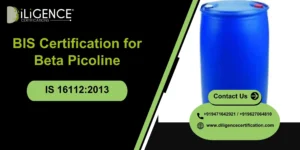
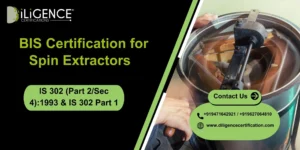
 BIS Certification
BIS Certification
 CDSCO
CDSCO
 CPCB
CPCB
 LMPC
LMPC
 WPC Approval
WPC Approval
 Global Approvals
Global Approvals
 TEC
TEC
 ARAI
ARAI
 BEE
BEE
 ISO Certification
ISO Certification
 Drone Registration
Drone Registration
 NOC For Steel
NOC For Steel



















 Business Registration
Business Registration















 Legal Services
Legal Services
 Trademark Registration
Trademark Registration
 Copyright Registration
Copyright Registration
 Patent Registration
Patent Registration
